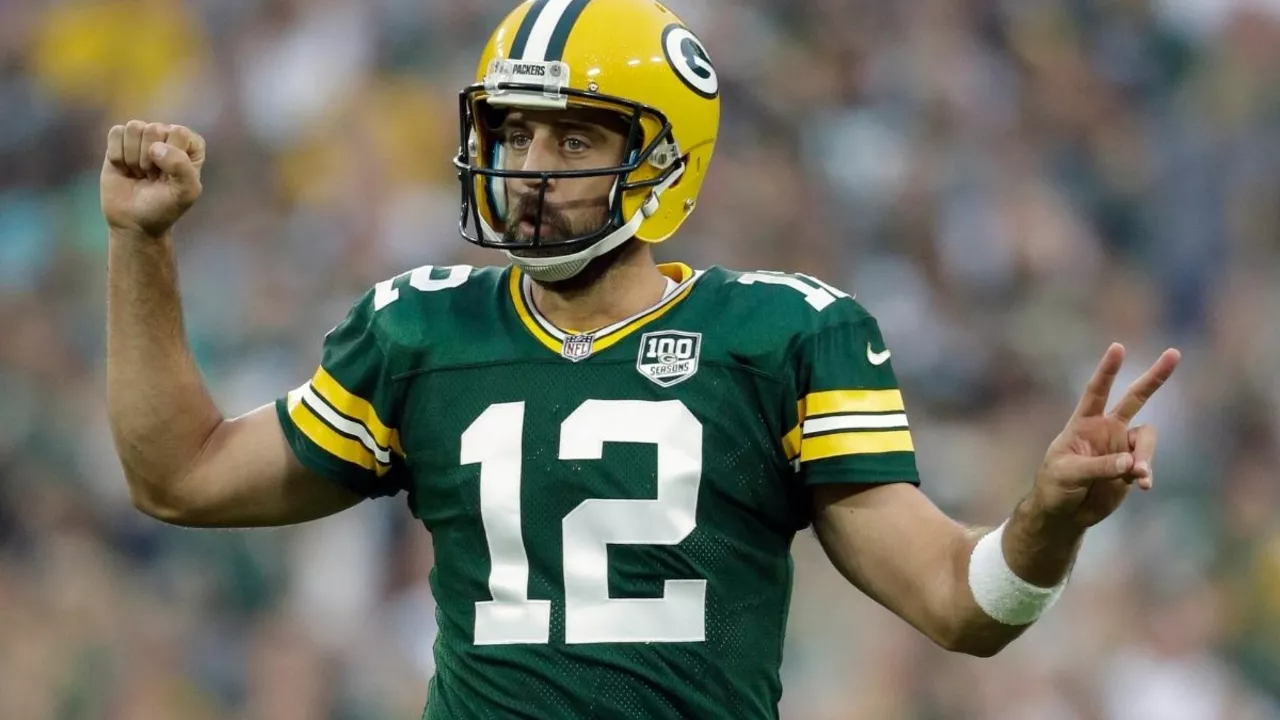Signing Bonus Explained: What It Is and Why It Matters
If you’ve followed any big football transfer, you’ve probably heard the term “signing bonus”. It’s the extra cash a club hands to a player when he puts pen to paper. Think of it as a welcome gift that sweetens the deal and helps close the gap between club and player expectations.
Why Clubs Offer Signing Bonuses
Clubs use signing bonuses for three main reasons. First, they can offset a lower weekly wage. A player might accept less salary if the upfront cash looks good. Second, bonuses reward players for joining a new environment – a new city, a new manager, and a new set of teammates can be a big change. Third, bonuses can act as a gesture of confidence, showing the club believes the player will make an impact quickly.
Take Rasmus Hojlund’s move to Manchester United. While the headline focused on his massive transfer fee, the deal also included a sizeable signing bonus to help him settle into the Premier League’s pressure cooker. The bonus helped him ignore the "price tag" criticism and focus on his work ethic, something Ten Hag highlighted in pre‑season interviews.
Real‑World Examples Across the Leagues
In Serie A, AC Milan’s chase for Joshua Zirkzee came with talk of a hefty signing bonus to lure him away from Manchester United’s interest. The bonus could tip the scales when agent fees and competition get messy. Even though the move didn’t happen, the strategy shows how bonuses are used as leverage.
Over in the Premier League, Erling Haaland’s contract extensions often bundle performance bonuses with signing incentives. While the headline number is the goal tally, the underlying bonuses drive his motivation to stay at the top.
In the NFL, the Ravens vs. Bills showdown didn’t just feature a high‑stakes game; players on both sides negotiated signing bonuses in their contracts that can affect cap space and roster decisions. Those bonuses are often structured to be paid out over several years, giving teams flexibility.
Signing bonuses aren’t limited to football. In boxing, Mike Tyson’s comeback fight with Jake Paul included a guaranteed payout front‑loaded as a signing bonus, ensuring he got paid regardless of the bout’s outcome.
So, what should a fan look for when hearing about a signing bonus? Ask yourself: Is the bonus covering a lower salary? Is it rewarding the player for moving to a tougher league? Or is it a sign that the club is heavily invested in the player’s success?
Understanding signing bonuses helps you read transfer news with a clearer eye. The next time you see a headline about a record‑breaking fee, remember there’s likely a hidden bonus that made the deal possible for both parties.
Bottom line: signing bonuses are a strategic tool. They smooth negotiations, showcase a club’s commitment, and can even influence a player’s on‑field performance. Keep an ear out for the term, and you’ll get a deeper grasp of what’s really happening behind the scenes of every big signing.
